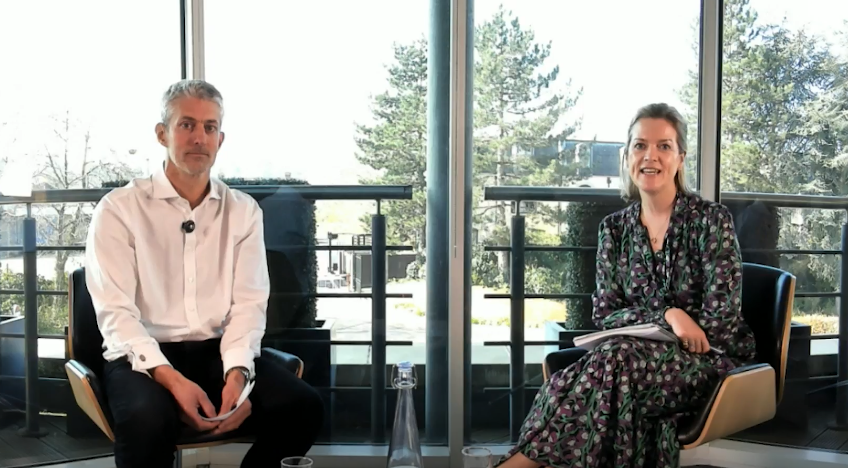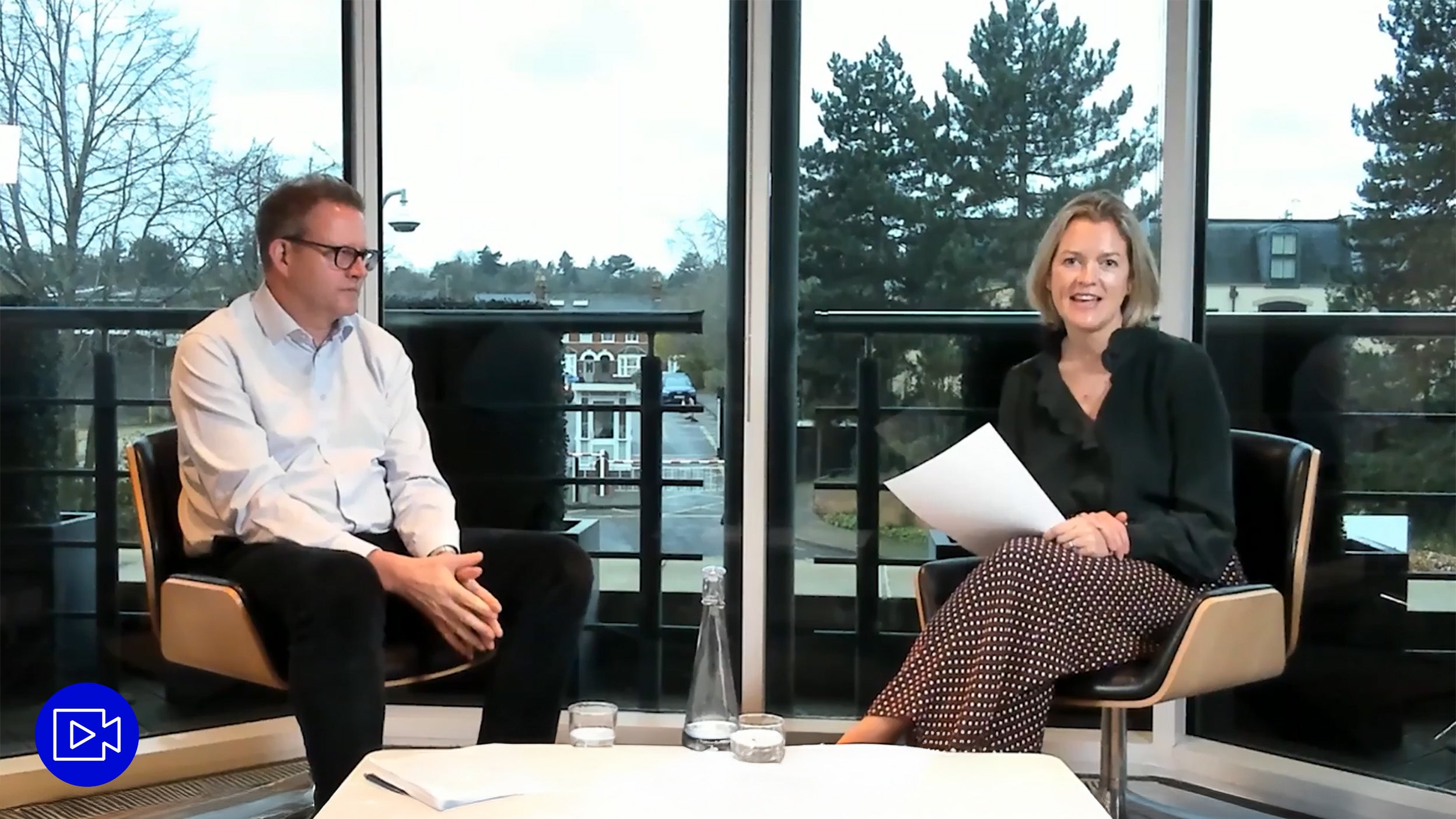Europe draws more visitors than any other region in the world. But investors still struggle to see it as an investment destination. On the surface, it isn’t hard to see why: its economy has been sluggish since the global financial crisis, and its businesses seem less exciting than those you can find elsewhere.
But we dig deeper – because it’s always good to look for opportunities where others aren’t looking.
Super: What are the opportunities in Europe?
When investors think about ‘Technology’ and ‘Digitalisation’ as investment themes, most tend to focus on traditional innovation, and therefore, the US and Asia.
But digitalisation is also providing investors with opportunities in Europe. It’s home to technology companies, such as Cap Gemini and SAP, but industrial and consumer-facing companies are now part of the story.
Super: The Digitalisation of Everything
You see, the ‘Digitalisation of Everything’ is the catalyst for turning more traditional businesses into innovative ones. For those embracing the change, it’s about much more than just having a website or adopting a cloud strategy – it’s about sustainability and long-term value creation.
Super: Sustainability and long-term value creation
Covid-19 has shown us how important digital technologies are. With millions of people staying at home, many turned to digital devices that enabled them to work and connect with friends and family across the globe.
The pandemic has changed us. So, it’s perhaps not surprising that the EU’s response to it marked a significant departure from the austerity economics that has dominated policymaking since the global financial crisis.
Super: Europe’s €750bn recovery fund
A €750 billion recovery fund – dubbed ‘Next Generation EU’ – has been created to help Europe emerge from the pandemic not just stronger, but also greener and fairer.
A large share has been set aside to support the region’s green and digital transition. Energy independence has become a priority. And with its strong engineering base, Europe also has the opportunity to become a global exporter of green tech products and services.
Super: Global exporter of green tech products and services
But the benefits must be widely shared.
The recovery plan supports initiatives that aim to reduce social inequality and foster inclusion. Creating quality jobs within the ‘new economy’ will be an important element here.
Covid-19 has also tested the resilience of global supply chains. And so, after decades of offshoring manufacturing jobs, momentum is building to bring supply chains closer to home. Any instability arising from geopolitical conflicts will only strengthen this view.
Super: Bringing supply chains closer to home
Reshoring or nearshoring is high on the agenda of many European companies, and is likely to benefit Europe as a whole. Policies that encourage bringing employment back to the region can help accelerate this.
All these actions will have important economic and investment consequences. As with all changes, there are risks to be considered, but substantial opportunities will also be created.
Discover the potential of Europe with us.
Super: Discover the potential of Europe with us.








